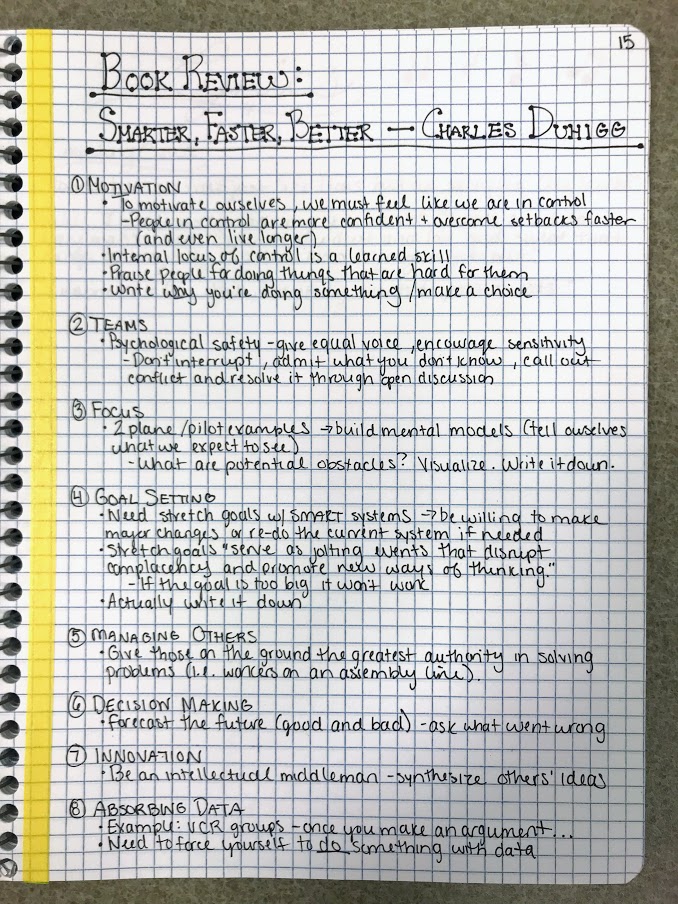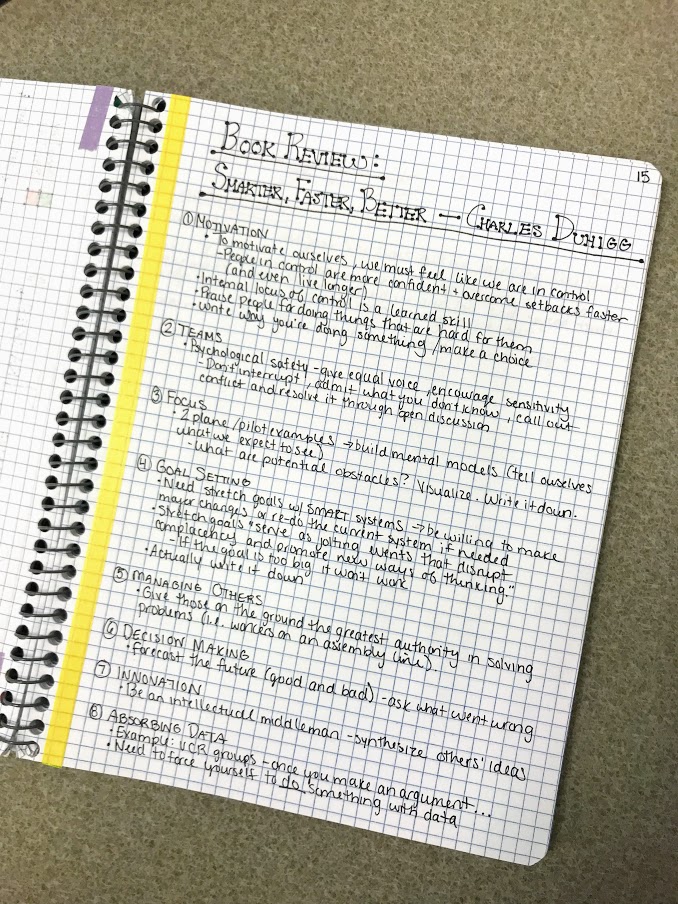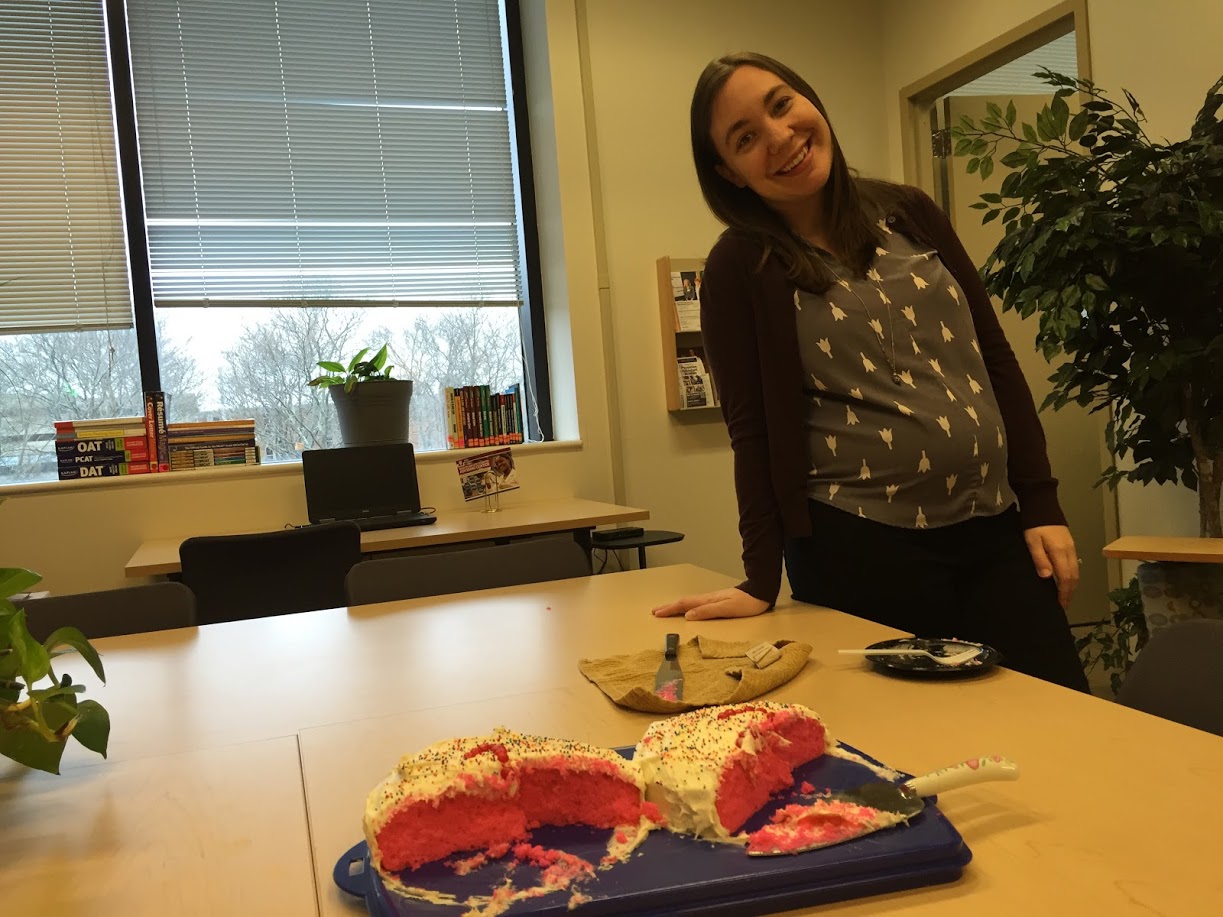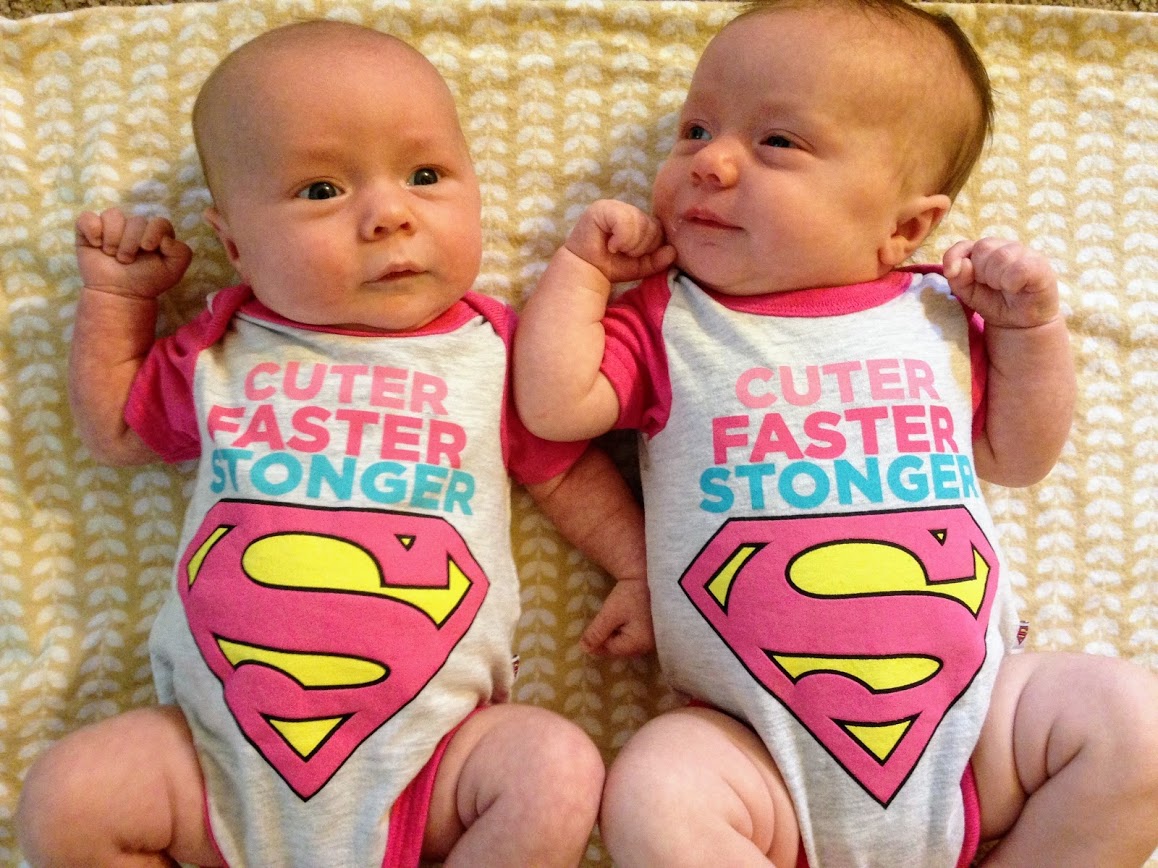How Changing My Language Changed My Life
I just love it when a simple, yet brilliant, epiphany comes my way.
A few years ago while working as an academic advisor, I met with a student who was frustrated with the fact that they had to meet with me in order to register for next semester’s classes. I recall saying something along the lines of, “I’m sorry, but you have an advising hold on your account because you are on academic probation and there are some requirements you have to meet…”. As the student rolled their eyes at me I suddenly realized,
I’m not actually sorry. So why did I say I was?
It was then I realized that I needed to make a small, but revolutionary change:
I will no longer say sorry, unless I am apologizing for something I have actually done wrong.
Surprisingly, making the change was relatively easy. In fact, it was downright liberating. I am not actually sorry when I ask someone to do me a favor. I am not actually sorry when I tell my children “no” to something they want. I am not actually sorry when I tell a student something they need to know, but don’t want to hear. I have empathy, but I am not sorry – and that’s a big difference.

I also realized that I could omit the “sorry” while still being polite and authentic – a win win! It felt great to say things like, “I understand this is frustrating for you, and here is what I can do to help”, or “thank you for helping me with that task; I know it seems like it was menial, but it was tremendously helpful for this project”.
As clever as I feel about this revelation, it turns out this was already an established thing. A friend of mine helped with a quick Google search, showing me there is plenty of science backing it up. Put simply, because our brains have taken so long to evolve, but language evolved relatively recently, we still react on a primal, neurological level when it comes to word choice; so our word choice really does matter. There are also plenty of opinion pieces and business-related blogs advocating for everyone – especially women – to stop apologizing.
This may seem dramatic to some out there, but I do think removing so many “sorry’s” from my vocabulary has made me a better feminist. After all, why did I feel the need to be so accommodating all the time? I don’t hear men constantly saying, “I’m sorry”, so why should I? The minor change I implemented even made an impact at home; it feels like I’m showing my daughters how to be confident with their words, which also helps support my focal point.
Since omitting “I’m sorry” was such an instant success, I figured I should take a look at any other self-defeating vocabulary I was guilty of using, and it hit me pretty quick:
Instead of saying, “I can’t”, I should say, “I don’t” or “I won’t”.
I’m not going to lie to you, this one hurt a bit more. Specifically, when it came to my goal of losing weight, I realized I had been using “I can’t” as a vehicle to make excuses for why I was making choices that put me further and further away from reaching my health goals.
Transparency with myself was key; rather than saying, “I couldn’t swim laps yesterday morning because I had a meeting at 9am I needed to prep for”, I tried saying, “I didn’t swim laps yesterday because I chose not to plan ahead”. Ouch.
Changing my vocabulary has forced me to be honest with myself. I could be further along in my health goal, but I make choices some days which prevent me from moving forward. Clearly getting physically healthier is going to be a long road ahead with many ups and downs, but at least I can approach my successes and challenges with clarity of mind, and voice.
So on that note, I leave you with this thought experiment:
How would changing your vocabulary, internally or externally, help you move toward your goals?









